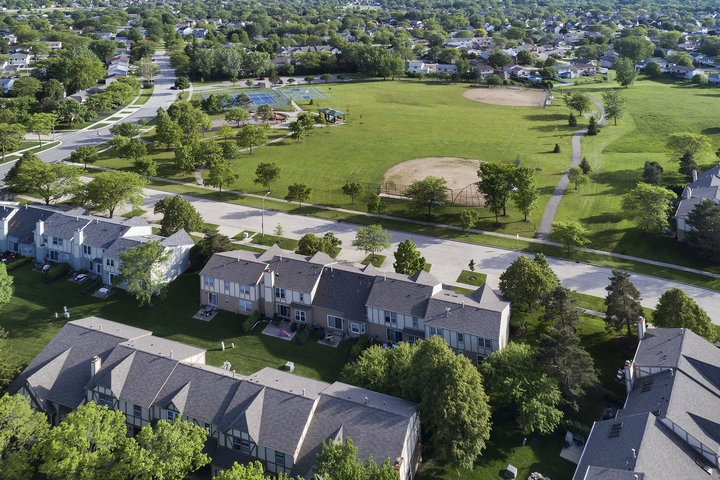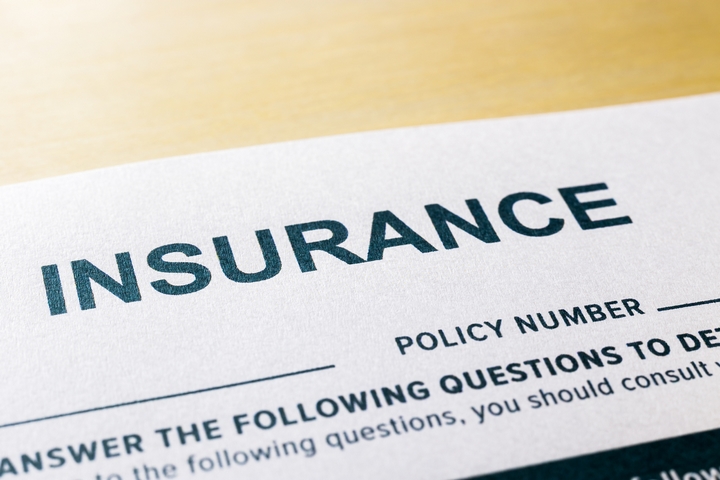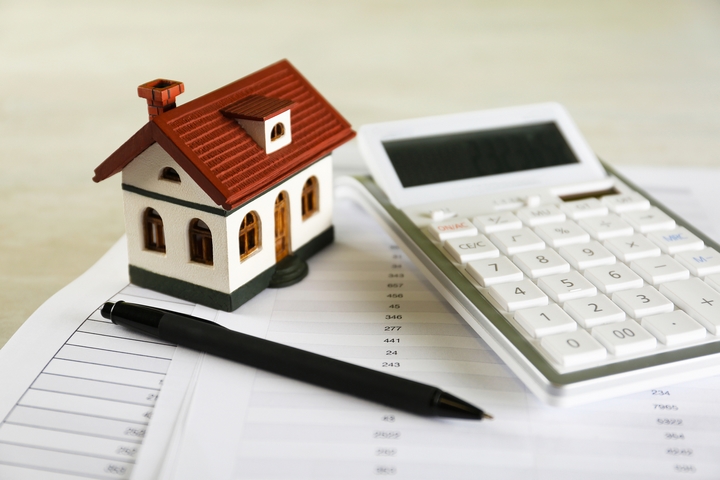Owning a home for the first time is most people’s dream come true. The freedom from paying rent is extremely liberating. Buying a home, however, doesn’t come cheap. As a first-time homeowner, you’ve probably had to take a home loan to get here. It makes sense, therefore, to insure your most valuable asset against potential hazards such as fire, theft or damages caused by the elements.
You need a suitable home insurance policy to protect your property. Just as it is critical to buy a home in a location you like, choosing a home insurance company with the right package for you is equally essential.
The following ten tips should get you started on buying homeowners insurance for the first time:
1. Do not close before buying home insurance

Most mortgage companies demand that you get homeowner’s insurance before concluding the transaction. They want to protect their investment by ensuring that you can replace your home in case of hazards such as a fire, windstorm, earthquakes, and others.
2. Get quotes from multiple insurance companies

When you buy homeowners insurance for the first time, it’s important to get quotes from multiple insurance companies. As a rule, get at least three quotes from different home insurance companies. As you look for the most affordable, remember that the cheapest is not always the most suitable. You would rather pay a little more for the right insurance package than take one that you cannot count on in the hour of need.
Your home insurance policy is an agreement or contract in which the insurer undertakes to replace or repair your home to restore it to the state it was in before the damages occurred. You, therefore, must ensure the contract is factual and that there are no coverage gaps in case you ever need to make a claim. Before you settle on that cheap quote, make sure the insurance coverage is just what your home needs.
3. Ask for multi-policy insurance discounts

Some homeowner’s insurance companies will offer you discounts if you move other insurance policies to them. If you have health, vehicle, and other insurance policies, inquire about discounts should you roll all your policies into one package.
4. Carefully review the insurance policy documents

The policy documents include the policy declaration, the premium details, deductibles and coverage taken, and the application. Also included are answers to the underwriting questions. The document contains the policy wordings, which describe both the coverage and the exclusions. If paying from a bank account, you may receive a pre-authorized debit agreement as well.
5. Consider a comprehensive insurance policy

Before you consider other deductible options, check out whether the insurance company offers comprehensive protection. The key is to be sure you are protected against all types of loss, safe for the exclusions such as overland flooding, terrorism, and war.
With a comprehensive home insurance coverage policy, all the essential protections you will need are bundled in. For instance, such a policy would include sewer backup, earthquake, broad water, and windstorm and hail damages.
6. Understand your location

Some areas are more prone to the vagaries of the elements than others. The home insurance policy must include acts of nature to which your location is susceptible. For instance, you may have to insure your new home against fires, hurricanes, flooding, ice storms and windstorms. So, before settling on an insurance policy for your home, make sure it covers all the applicable risks.
7. Get an insurance policy with a personal liability clause

Ensure the homeowner’s insurance policy covers personal liability. This protects you from responsibility from property damages or bodily injury by a third party. For instance, if someone slips and falls on your property, the personal insurance coverage will settle the litigation fees should you be sued.
8. Consider home insurance with optional coverage

As a first-time homeowner, you need protection against hazards such as identity theft. For instance, should your credit card get stolen, an identity theft clause will meet legal expenses towards reclaiming your identity.
You can also take an optional policy for home equipment breakdown. This will meet the cost of replacing equipment such as the HVAC system should it break down.
Another critical optional policy is service line coverage, which pays for damaged sewer lines or water supply systems.
9. Avoid insuring at market value

Insuring your new home at the current market value means the policy covers up to a maximum of your home’s current cash value. While this looks good on paper, replacing damaged or stolen items could cost you more than the insured amount. Always insure at the replacement cost. While it is more expensive than the market value option, you could save yourself a lot of money down the road.
10. Get a home inspection done

A home inspection can flag critical issues with your home. You are better of knowing about such issues before taking up insurance. While the issues may not pose an immediate risk, it pays to know what to expect a decade ahead and insure your home accordingly.
Owning a home for the first time is exciting. It is also an expensive undertaking that often involves taking a home loan. It must, therefore, be insured against potential damages such as those caused by natural disasters.






